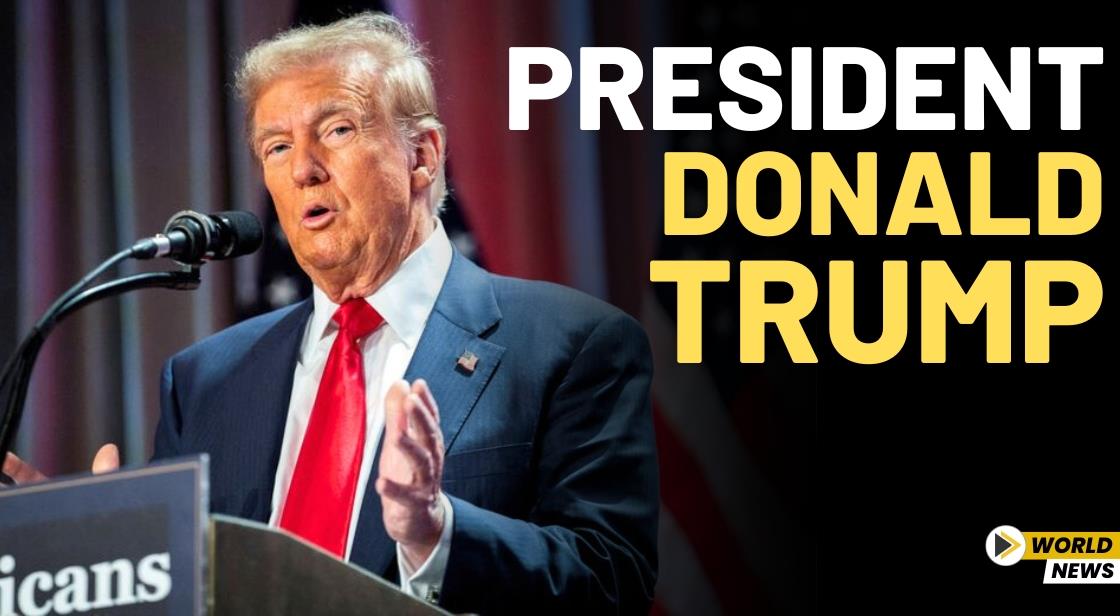US Appeals Court Examines Trump’s Tariff Authority Ahead of Trade Deadline

News Synopsis
A panel of judges from the U.S. Court of Appeals for the Federal Circuit in Washington, D.C., is examining whether President Donald Trump lawfully invoked emergency powers to impose broad trade tariffs. The hearing, held on Thursday, comes just before a planned tariff hike on imports from nearly all U.S. trading partners. Business and state critics argue Trump exceeded legal limits under the International Emergency Economic Powers Act (IEEPA).
Federal Circuit Raises Tough Questions on Executive Power
What Judges Are Challenging
Lawyers from five small businesses and 12 Democratic-led states pressed government counsel Brett Shumate to explain how IEEPA, historically used for sanctions and asset freezes, allows tariff imposition. Shumate argued:
“The law allows the president to have ‘extraordinary’ authority in an emergency, including the ability to stop imports completely.”
He added that International Emergency Economic Powers Act (IEEPA) “authorizes tariffs because it allows a president to ‘regulate’ imports in a crisis.”
Judge Jimmie Reyna sharply retorted:
“IEEPA doesn’t even say tariffs, doesn’t even mention them.”
The Tariff Dispute and Its Broader Stakes
Which Tariffs Are Under Review?
The court is reviewing two sets of measures:
-
The April “reciprocal” tariffs imposed broadly on multiple trading partners.
-
The February tariffs targeting products from China, Canada, and Mexico.
Timing and Legal Ramifications
The hearing took place on the eve of President Donald Trump's scheduled tariff extension set to begin on August 1, marking the first federal appeals examination of his tariff authority. Commerce and legal experts view this as a pivotal test: losing this case could mean a fast appeal to the U.S. Supreme Court.
Constitutional & Economic Implications
Separation of Powers Debate
Critics argue IEEPA was never intended to grant tariff authority. Neal Katyal, representing the businesses, said emphatically:
“No trade law in 200 years has been interpreted to give the president this power.”
Judge Kimberly Moore also questioned whether trade deficits justified using emergency authority, especially when Trump had framed the deficit as compromising U.S. military readiness:
“That bothers me – I’m a little concerned about compromised military readiness. How about you?”
Revenue vs. Market Disruption
Customs duties collected through these tariffs ballooned to approximately $27 billion in June 2025—a record—bringing fiscal-year-to-date revenues past $100 billion. The Trump administration views this as essential to offset revenue lost due to tax cuts. However, economists warn that these duties raise prices for consumers, depress corporate profitability, and destabilize supply chains.
Conclusion:
The legal challenge to former President Donald Trump’s invocation of the International Emergency Economic Powers Act (IEEPA) to impose trade tariffs marks a significant moment in the ongoing debate over the balance of powers between the executive and legislative branches.
At the heart of the matter lies a critical question: Can a president bypass traditional congressional authority over trade policy under the guise of national emergency? As the Federal Circuit prepares to weigh in, the outcome could set a far-reaching precedent for how IEEPA and similar emergency statutes are interpreted in the future.
The implications go beyond legal boundaries, directly affecting global trade dynamics, U.S. manufacturing, and the economic stability of key sectors. With an August 1 deadline looming, the ruling could either reinforce or constrain presidential powers, influencing not only tariff strategies but also the broader framework of checks and balances that underpin American democracy and economic governance.
You May Like









